This article is part of a series on the challenges of recycling.
Since the 1970s, people in many countries have been taught to recycle. Now, many places are cutting recycling programs, and often items that are sent off for recycling are never recycled at all.
In many Western countries through Europe, the Americas, and Australasia, people have become used to putting their recycling into bins which get taken away for recycling. In many of these countries, the recycling actually wound up getting shipped overseas, usually to China.
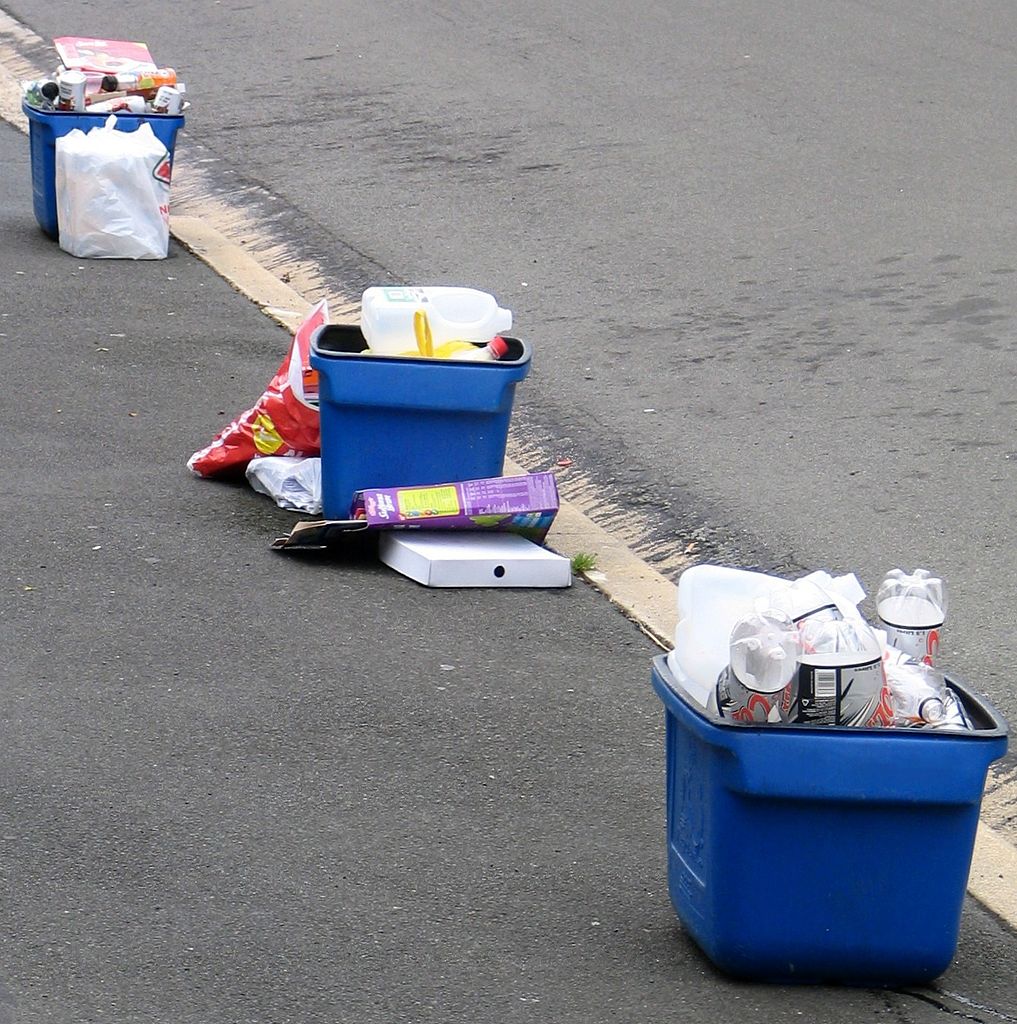
(Source: Benchill [CC BY-SA 3.0], via Wikimedia Commons.)
Nobody made a lot of money on recycling. Not everything that is recyclable is worth money. Companies earned money recycling some items and lost money recycling others. But in general, it was a good idea and seemed better and cheaper than burying it as trash in a landfill.
To make recycling easier, companies started “single-stream” recycling. That means that people don’t have to sort their recycling, they can just dump it all into one bin (with paper often separate). As a result of single-stream recycling, many more people began recycling.
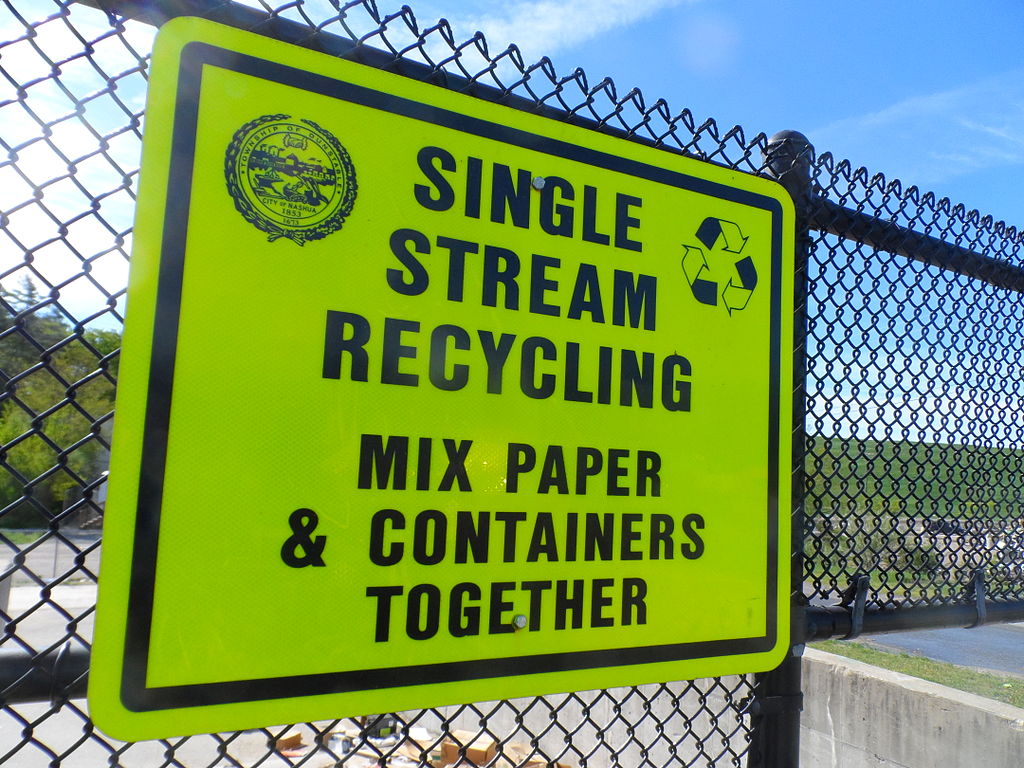
MarkBuckawicki [CC0], via Wikimedia Commons
But single-stream recycling made it much harder for recycling companies to sort out and clean the different materials. Plastic is the hardest. Not all plastics are the same, and only certain kinds of plastics can be recycled together.
Single-stream recycling made the materials to be recycled “messy”. This made it harder and more expensive for recycling companies in China to make money. Over time, these messy shipments of recycling materials began to pile up in China. They were harder to sort, and much of the material could not be recycled without losing money.
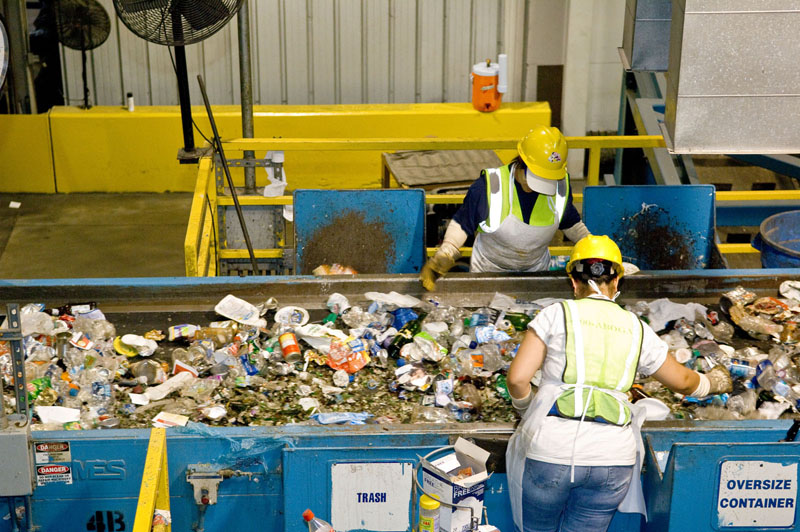
(Source: USEPA Environmental-Protection-Agency, via Wikimedia Commons.)
In 2018, China decided to change what recycling it would accept. China’s new rule put a stop to shipments of messy recycling. Most people in the recycling business believe it’s impossible to get single-stream recycling clean enough to meet China’s new rules.
Recycling companies in Western countries needed to find something else to do with their recycling. They began to ship it to other places in Southeast Asia, like Vietnam, Malaysia, and Thailand. These countries quickly became overloaded and put their own limits on recycling. Next came countries like Indonesia, India, and Turkey. India has already put new limits on its recycling.
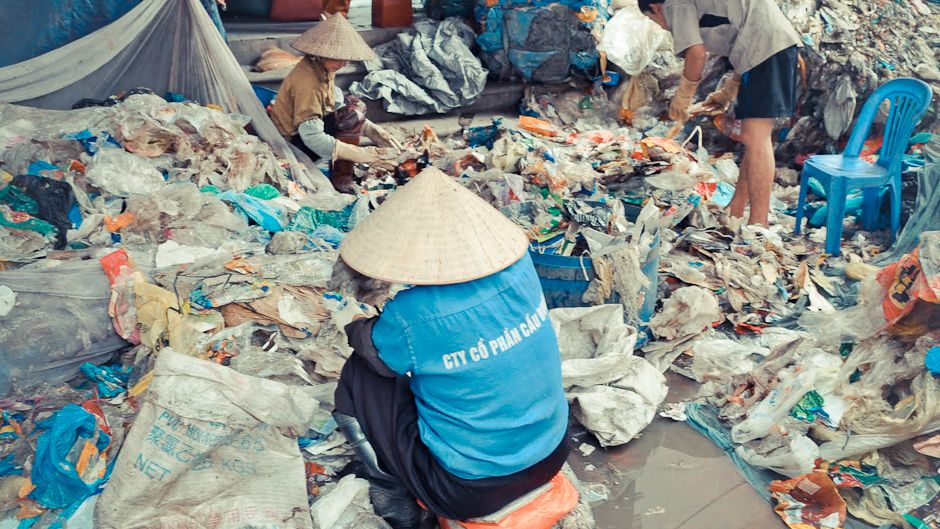
(Source: Warwick Pearse [CC-ND 3.0], UNU.edu.)
Sadly, many new “recycling” companies started up in those countries, but they only recycled the most valuable materials. They burned, buried, or simply left the rest, causing serious pollution.
Companies and governments in Western countries are now struggling to deal with their recycling. Costs have gone up for recycling companies, raising costs for governments. In some US cities, recycling costs are four times as high now as they were a year ago.
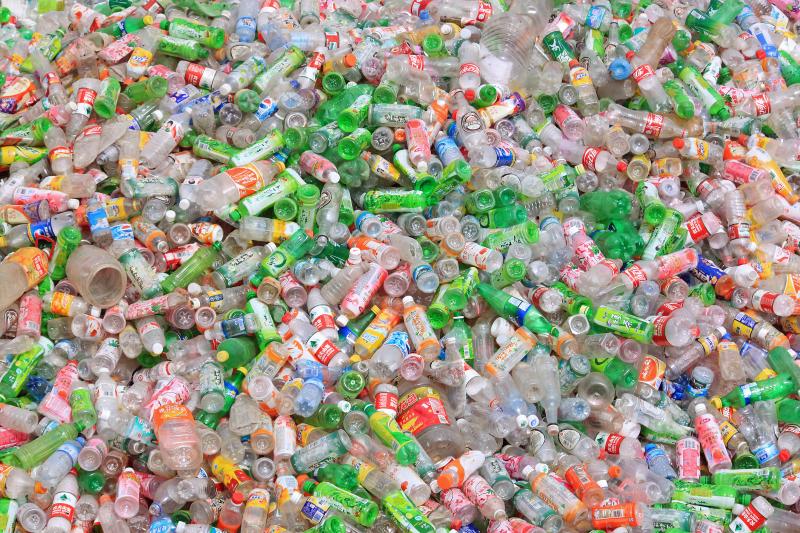
(Source: Carsten ten Brink, via Flickr.com.)
Many places still collect recycling, but are getting rid of it in other ways. Some places are burning their recycling in special ovens that can create energy from the process. Other places are simply sending it to landfills.
Recycling is still important and many people are trying to figure out ways to save the process. But there’s one thing everyone agrees on: We need to use less plastic.
